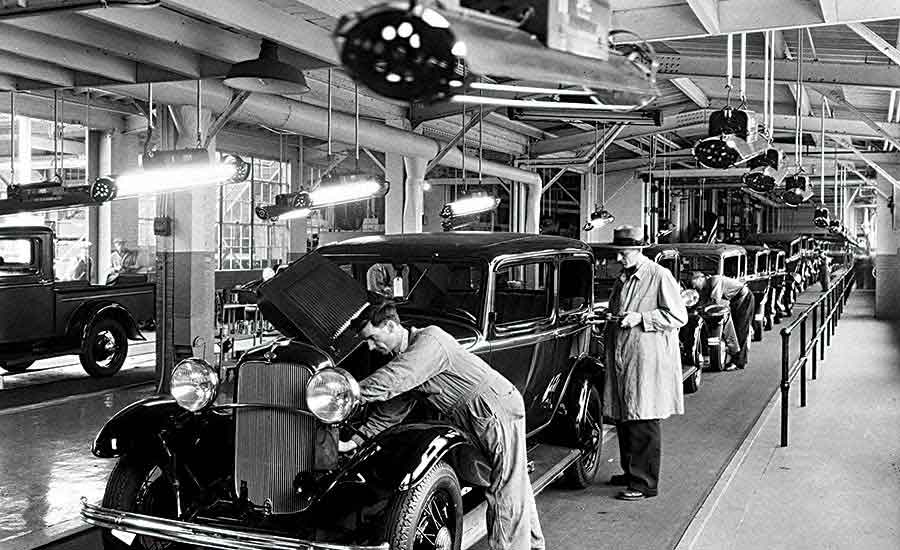What Business Owners Can Learn from Henry Ford’s $5 Workday
Henry Ford doubled wages in 1914 to keep workers loyal and productive. Business owners today can apply the same lesson: invest in your people, and they’ll invest in your business. Benton Oakfield helps companies turn benefits into retention tools.

Ford’s Bold Decision in 1914
Over a century ago, Henry Ford shocked the business community by doubling his factory workers’ daily wages from $2.34 to $5.00. At the time, critics called it reckless. In reality, it was one of the smartest business moves of the 20th century.
The Problem Ford Faced
Ford’s assembly line was innovative, but the work was exhausting. Turnover rates were sky-high—thousands of workers were quitting every year. The company spent heavily on recruiting and retraining, which slowed down production and ate into profits.
Why Doubling Wages Worked
- Retention: Workers stayed because the pay was too good to walk away from.
- Productivity: A stable, experienced workforce produced cars faster and with fewer errors.
- Customer Growth: Higher wages meant employees could afford to buy the very cars they built—expanding Ford’s customer base.
Lessons for Today’s Business Owners
While few companies will double wages overnight, Ford’s example is a reminder that investing in employees pays off. Consider the parallels for your business:
- Retention Costs Less Than Turnover: Recruiting, training, and lost productivity can cost far more than higher pay or better benefits.
- Compensation Shapes Culture: Fair wages and meaningful benefits build loyalty and reduce burnout.
- Shared Prosperity Fuels Growth: When employees feel financially secure, they are more engaged and often become customers or advocates for your business.
Applying the Lesson Today
In a competitive labor market, business owners can’t afford constant churn. Beyond wages, creative benefits—like healthcare, commuter perks, or retirement plans—can help you attract and keep top talent. Just as Ford saw, investing in your people isn’t an expense—it’s a growth strategy.
Final Thought
Henry Ford’s $5 workday was more than a wage increase; it was a business strategy that secured his company’s long-term success. Business owners today can learn from that playbook: take care of your people, and they’ll take care of your business.
At Benton Oakfield, we help companies design benefit strategies that improve retention and strengthen culture. Reach out if you’d like to see how better benefits can support your growth.



